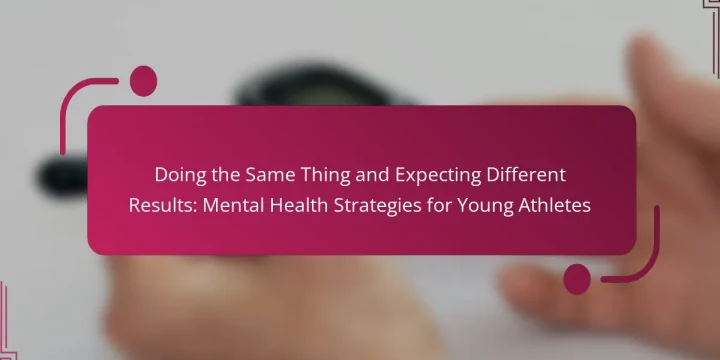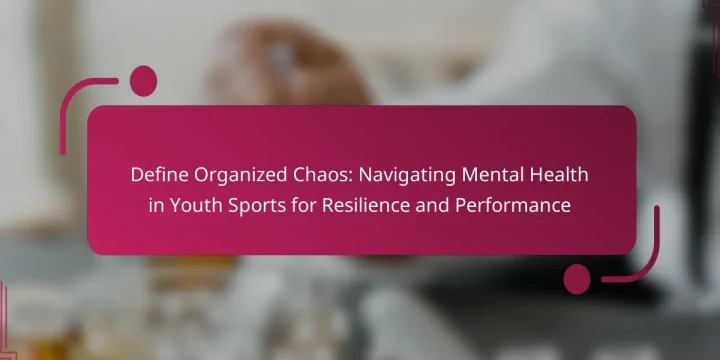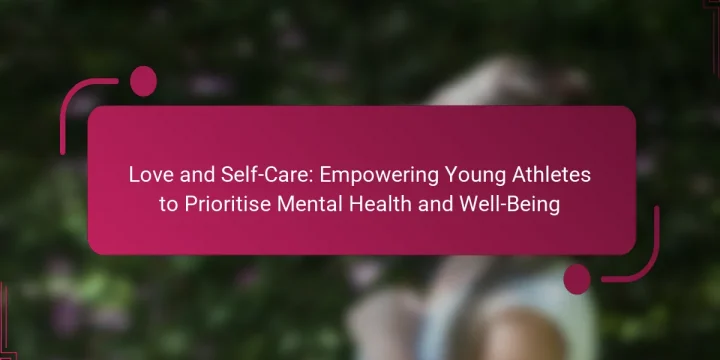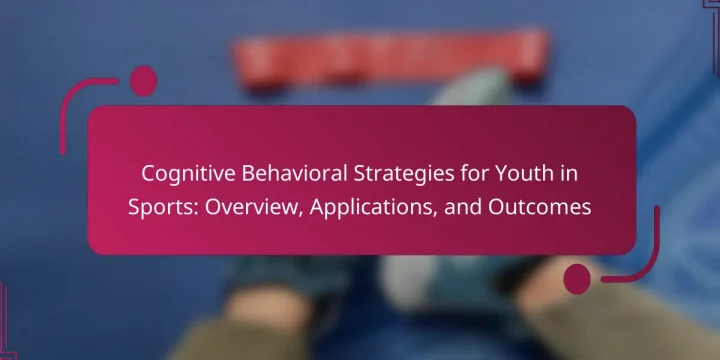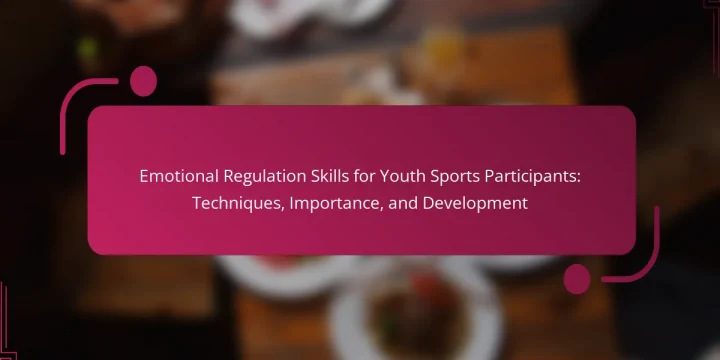
Building trust with young athletes is crucial for their mental health and overall development. This article explores essential strategies such as active listening, fostering a safe environment, and encouraging open dialogue. It also highlights the importance of regular check-ins and constructive feedback to enhance relationships. Engaging in team-building activities further supports trust and collaboration among athletes. What are the essential strategies for building trust with young athletes? Establishing trust with young athletes requires consistent communication, empathy, and transparency. Building relationships through active listening fosters a supportive environment. Encourage open dialogue about feelings and concerns, which promotes mental health awareness. Providing constructive feedback enhances their confidence and trust in your guidance. Engaging in team-building activities strengthens bonds and creates a sense of belonging, essential for trust development. Why is trust crucial…


